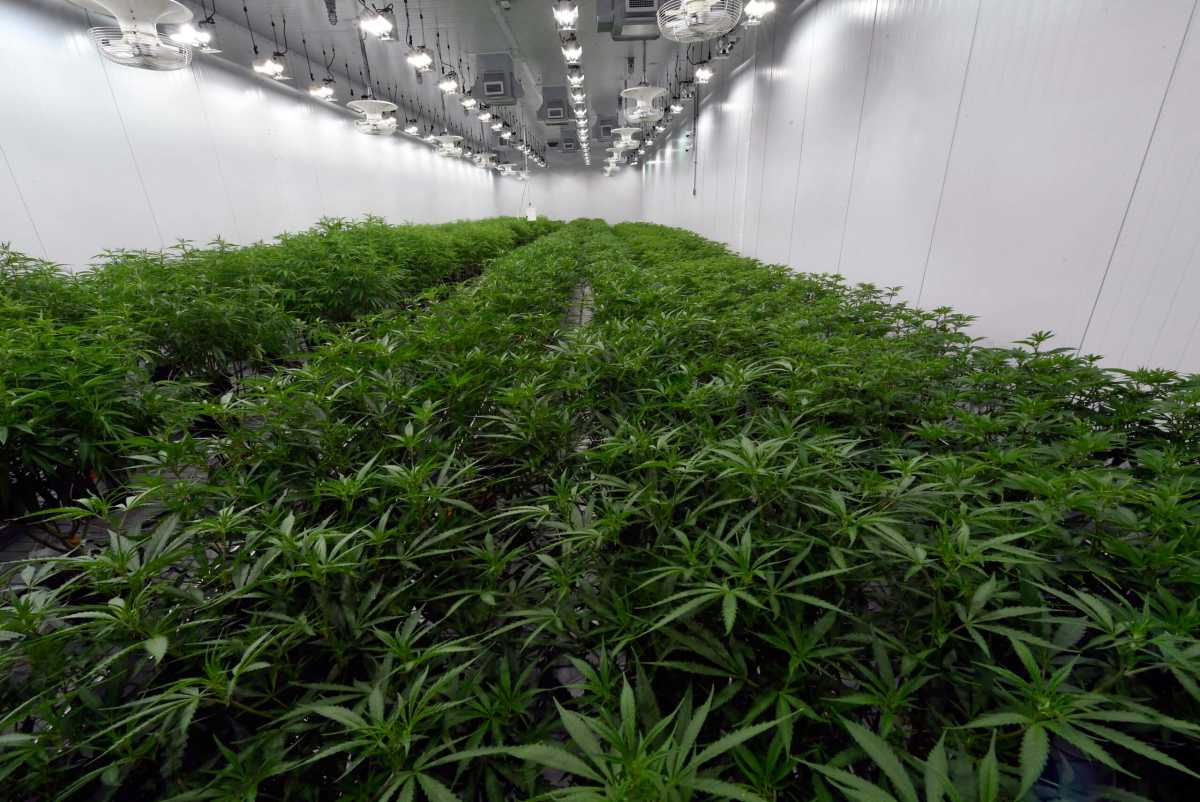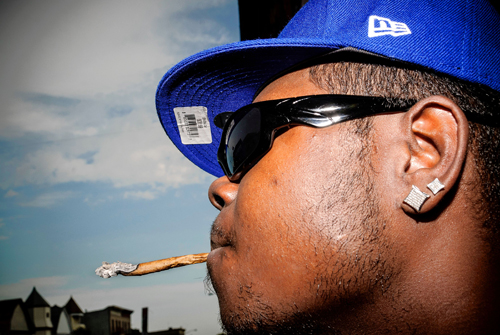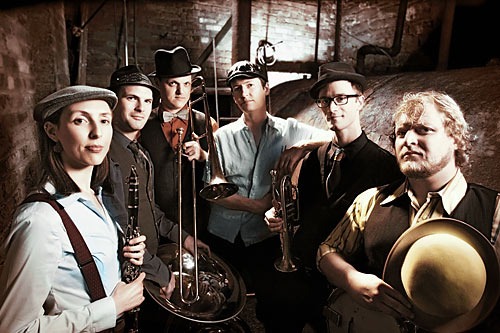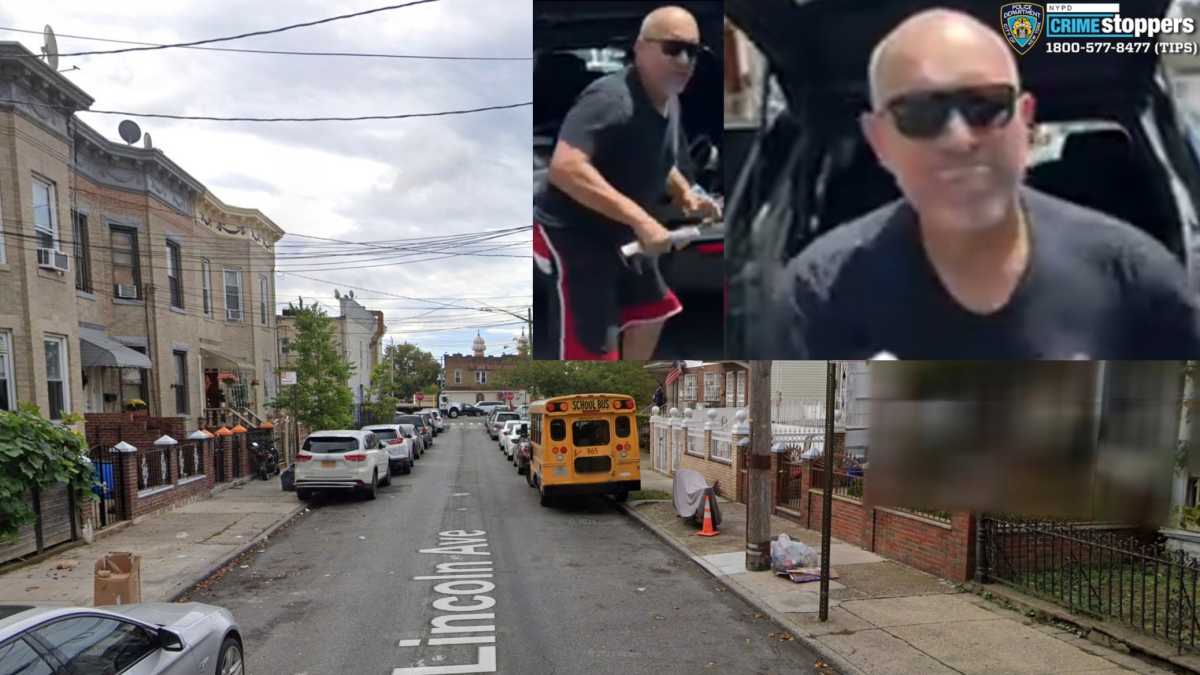Gov. Andrew Cuomo signed legislation on Wednesday that will make recreational marijuana usage legal in New York and establish the necessary agencies to regulate the herb.
But what will some of the restrictions be going forward as legal adult-use cannabis becomes a feature in the landscape? How will this impact the future of New York as it works to address decades of residual damage stemming from the war on drugs?
Sale of weed will not be unfettered
The state Senate and Assembly both passed the “marihuana regulation and taxation act” late Tuesday evening, and embattled Cuomo wasted little time approving the plan that will create the Office of Cannabis Management.
The new law also includes a licensing program that will include a social and economic equity program for people of color to profit off of a product that has historically landed them in jail or prison. A two-tier licensing structure will separate growers from distributors and enact strict quality controls.
Are there legal repercussions to carrying cannabis products in public?
Yes and no. Each individual may carry up to three ounces of cannabis flower and 24 grams of cannabis concentrate on their person, and possession in the home is not limited as long as it is kept well away from children.
People may grow up to three mature plants and three immature plants as long as they are over 21, and a household is capped at six mature plants and six immature plants.
Do not smoke and drive!
While the state does not have a method of enforcing this in a similar fashion to alcohol, the government along with higher education is working to develop methodologies and technologies for detecting when someone is driving under the influence of weed. Once research is completed, the state Department of Health will approve some form of test.
The same penalties will apply to driving while high as prior to legalization.
Not everyone will be exonerated
The bill enacts an order for the automatic expungement of records or re-sentencing those who have or are serving time for offenses that would be legal under these new restrictions. This suggests that New Yorkers whose offenses would still be illegal after the passage of this bill will likely still have a record or could continue serving a sentence.
Other items to consider
Unlawful discrimination against marijuana users in the workplace will be prohibited, but updated workplace safety protections will be implemented by the state.
Vaping and smoking will be added to the Clean Indoor Air Act which until recently applied mostly to tobacco and preventing adverse impacts of second-hand smoke. It is not clear, however, where indoor smoking will or will not be prohibited.
To understand whether or not these freedoms are allowed where you live, it may be important to check with cities, towns and villages as they may opt-out of allowing these policies to take place. Mayor Bill de Blasio, however, has backed passage of the bill on Wednesday in a statement:
“At long last, New York has legalized marijuana and created a fair program that will uplift communities of color previously harmed by criminalization. I am thrilled this legislation has achieved much of what we pushed for with that effort by prioritizing licenses for those negatively impacted by criminalization, expunging convictions for past marijuana charges, and new social equity initiatives that will help communities most harmed by past marijuana laws.”
For the full text of the bill, click here.
This story first appeared on AMNY.com.

























